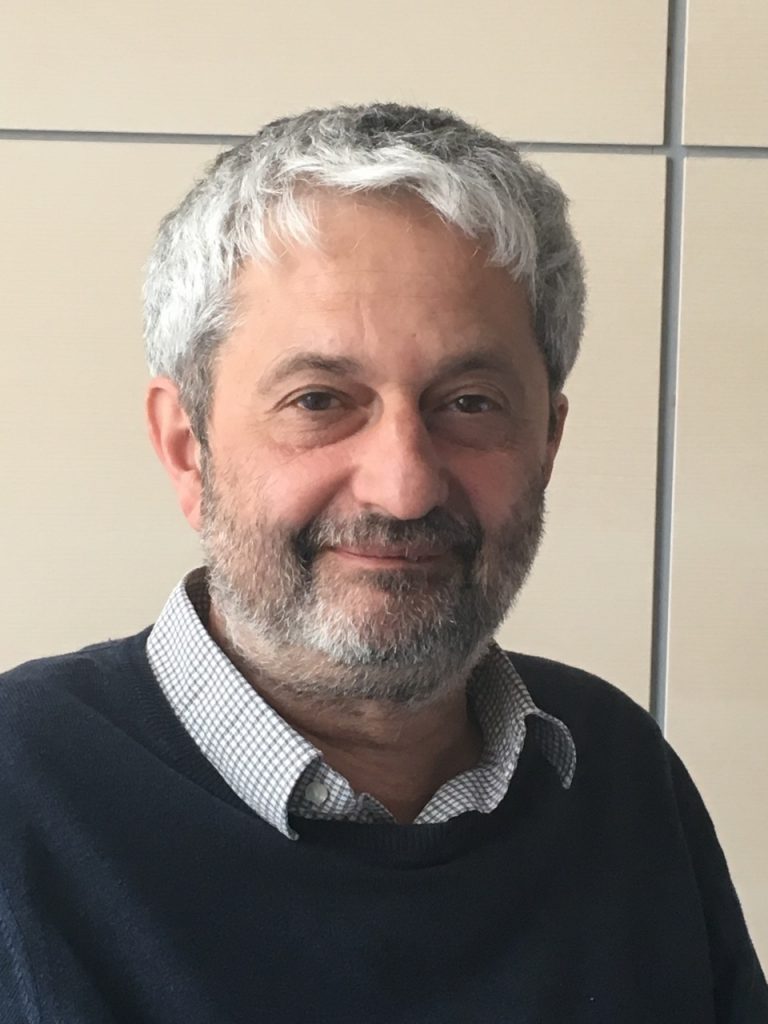
Research Interest
Epithelial mesenchymal transition (EMT) is the generation of motile and invasive mesenchymal cells from epithelial tissues. The EMT is implicated in normal embryonic development and various pathological events, such as organ fibrosis and cancer metastasis. Several groups of embryonic transcription factors (so-called EMT-TFs) are implicated in embryonic EMT programs and cancer metastases.
The research of Eugene Tulchinsky focuses on the functions of EMT-TFs in cell proliferation, DNA repair, therapy resistance and genomic instability. The links between EMT-TFs and these features are critical to the understanding of such important properties as decreased sensitivity of disseminating cancers to antiproliferative or targeted therapies and the phenomenon of cancer dormancy.
Major achievements in research
• Demonstration that EMT-TF ZEB2 induces the exit from the cell cycle
• Finding of an interconnection between EMT and DNA damage response
• Studies on EMT/FRA1/AXL pathway that is activated in cells of transitional cell carcinoma of the bladder
• Establishing that EMT-TF reprogramming is a driver of malignant melanoma
• Demonstration that the expression of EMT-TFs is linked with the abundance of particular tRNA isoacceptors
Eugene Tulchinsky graduated from the Biological Faculty of Moscow State University. He completed his Ph.D in Biochemistry in the laboratory of Georgii Georgiev at the Institute of Molecular Biology in Moscow. Eugene Tulchinsky worked as a postdoctoral fellow first at the Institute of Gene Biology in Moscow and then at the University of Rochester Cancer Centre in USA. Later, he was employed as a senior scientist at the Institute of Cancer Biology, Danish Cancer Society in Copenhagen. In 2002, he moved to the UK, where he worked at the University of Leicester, firstly as a Lecturer, and then as an Associate Professor. Eugene Tulchinsky joined Nazarbayev University School of Medicine in 2019 as a Professor.



